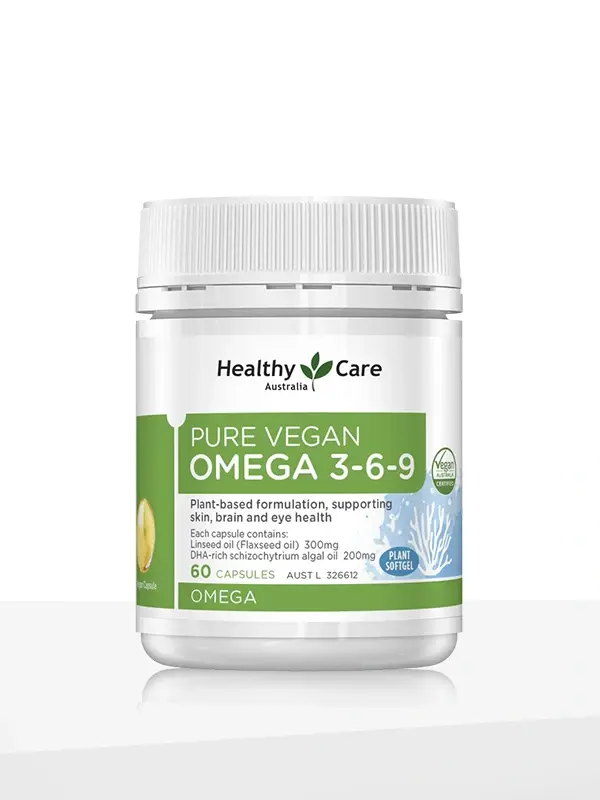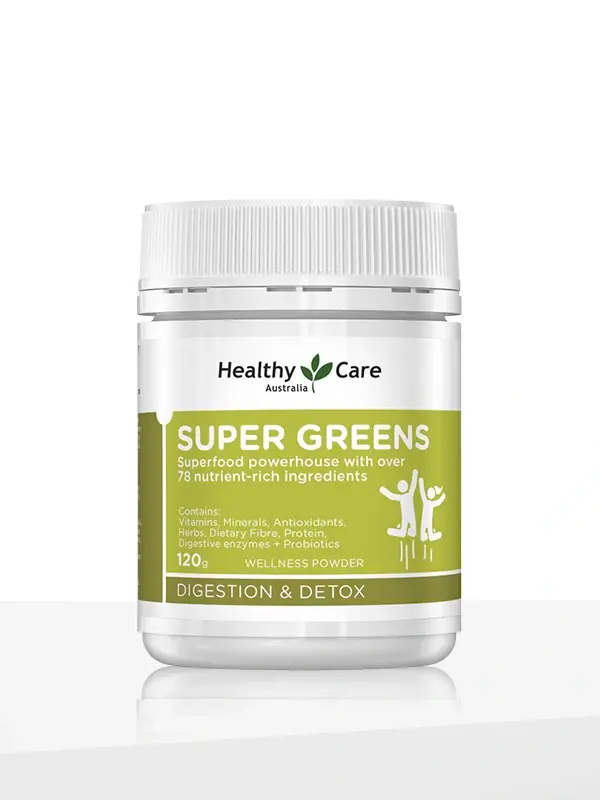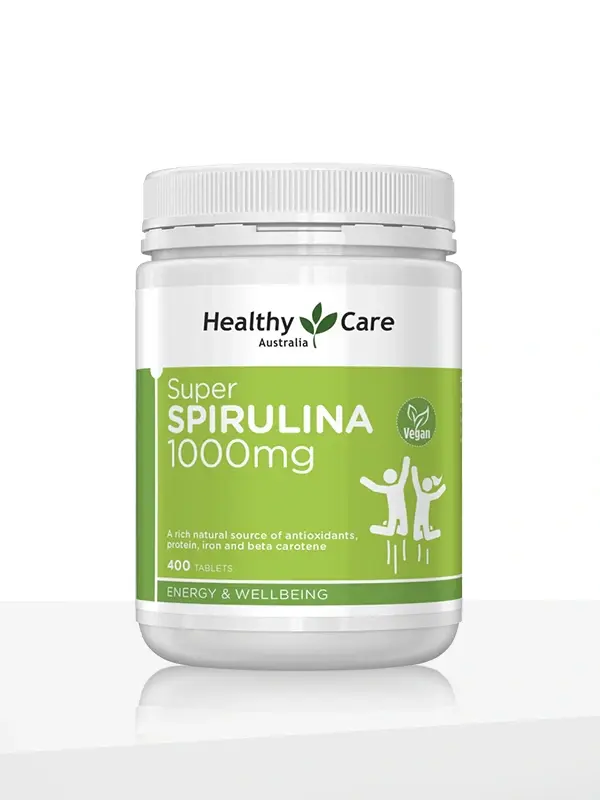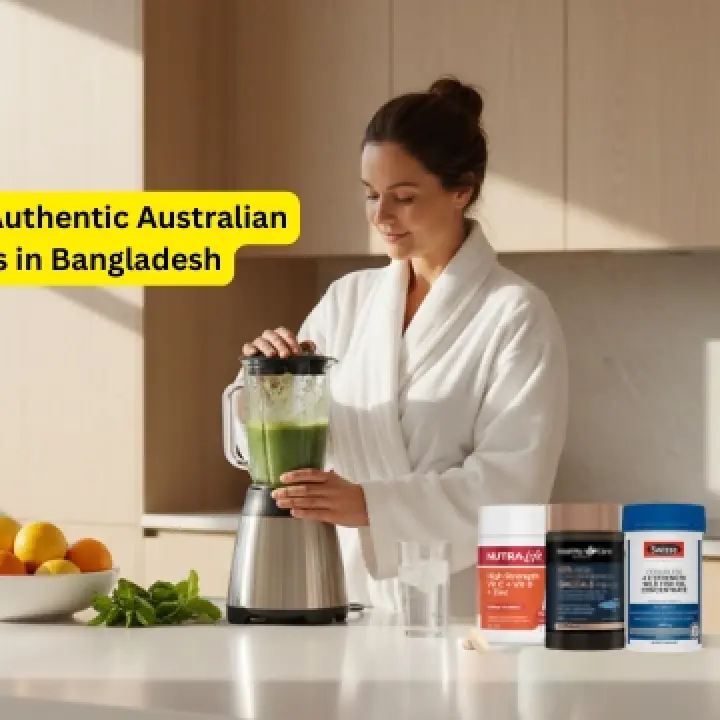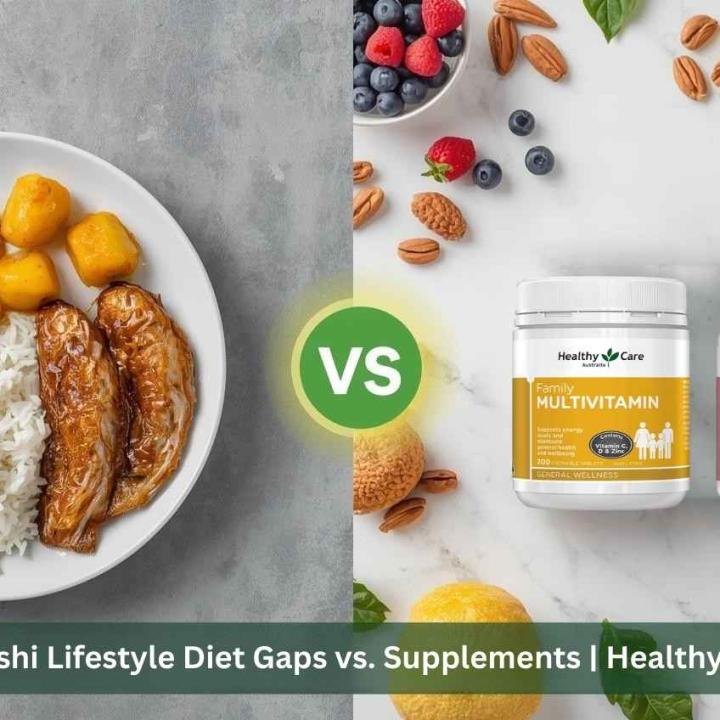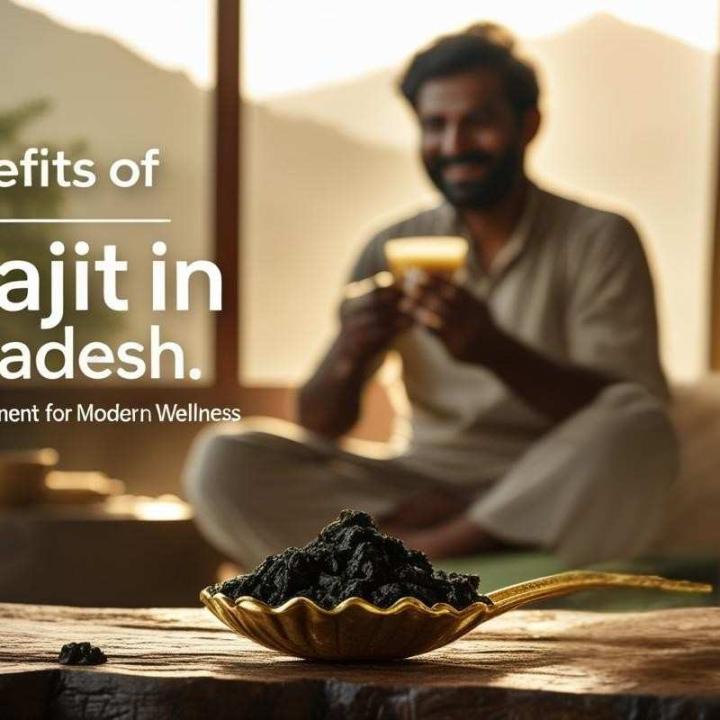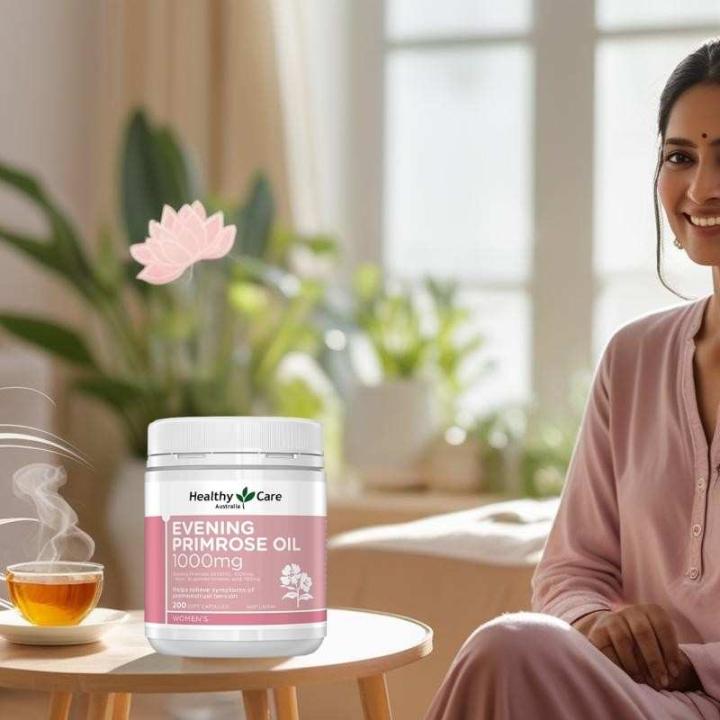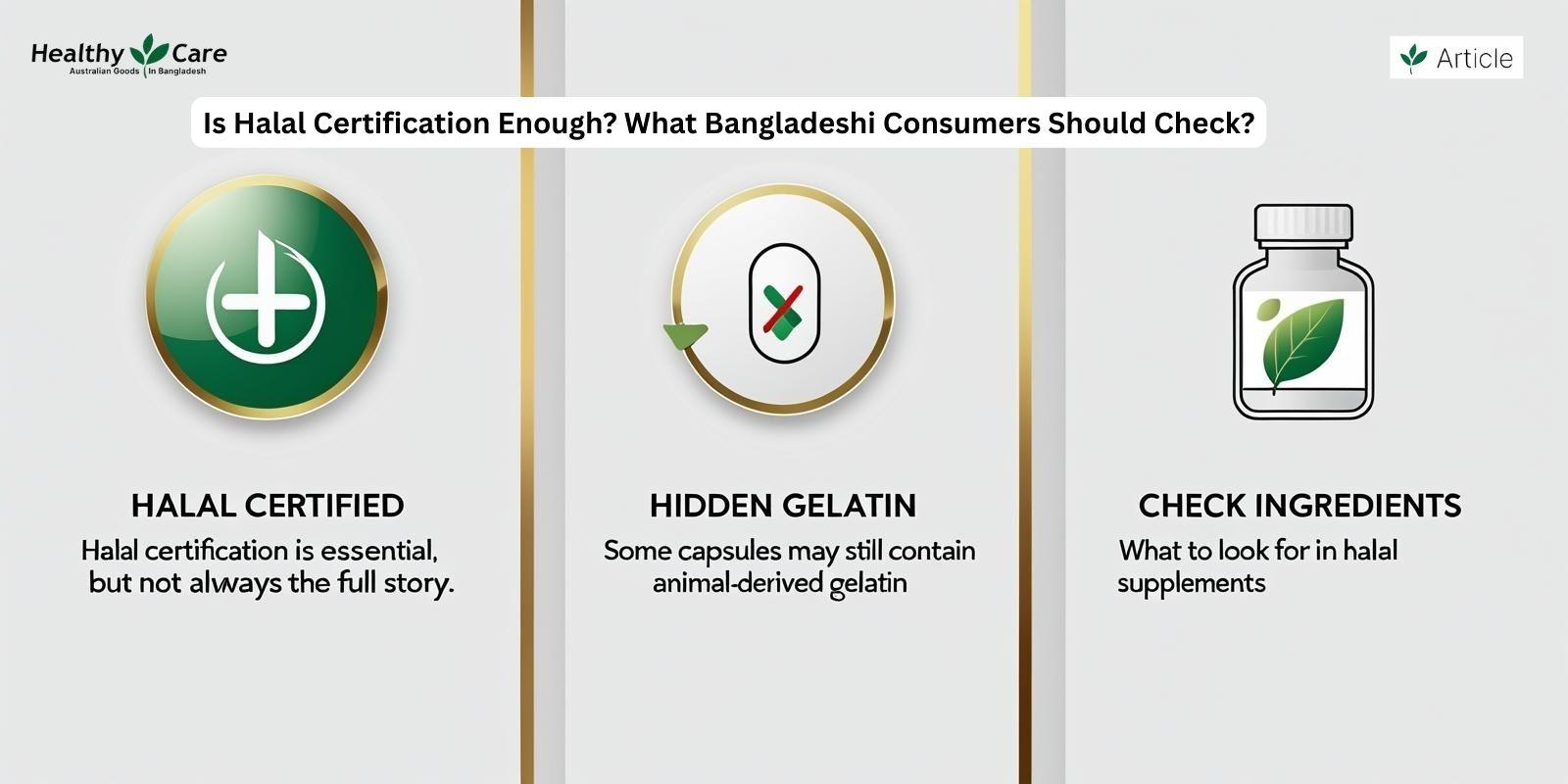
Is Halal Certification Enough? What Bangladeshi Consumers Should Check
Written by: Farzana Rahman, MSc in Nutrition & Food Safety
Reviewed by: Dr. Md. Saifullah, MBBS, Clinical Nutrition Specialist
Introduction – The Halal Supplement Dilemma
In Bangladesh, where the majority of the population is Muslim, halal certification is one of the first things buyers look for when choosing food or supplements. A halal logo on the packaging often brings instant trust. But here’s the key question: 👉 Is halal certification alone enough to ensure safety and quality? Let’s explore what every Bangladeshi consumer should know before buying health supplements.
What Halal Certification Really Means
- The product does not contain haram ingredients (pork, alcohol, etc.).
- The product’s manufacturing process follows Islamic guidelines.
- It has been reviewed by a recognized halal certification body.
This is important, but halal certification doesn’t always cover other critical aspects of health and safety.
Why Halal Certification Alone is Not Enough in Bangladesh?
- Authenticity of Import – Many fake products carry false halal logos. Always verify the importer sticker, batch number, and expiry date.
- Quality Standards – Halal does not equal safe or effective. Look for GMP (Good Manufacturing Practice) and international approvals (like Australia’s TGA certification).
- Ingredient Transparency – A halal logo doesn’t mean the formula is free from synthetic fillers, heavy metals, or low-quality additives. Always read the supplement facts panel.
- Scientific Backing – Halal approval doesn’t mean the supplement has proven health benefits. Choose brands that publish clinical studies or research-based formulations.
Checklist for Bangladeshi Consumers Before Buying a Supplement
- ✅ Halal Certification – Verify the authenticity of the halal logo.
- ✅ Importer Verification – Check the importer sticker, approval from DGDA (Bangladesh Drug Administration).
- ✅ Australian/International Quality Mark – Look for TGA (Australia), GMP, ISO.
- ✅ Expiry Date & Batch Number – Avoid outdated or untraceable supplements.
- ✅ Trusted Source – Only buy from official sites like HealthyCare.com.bd or authorized resellers.
Healthy Care Supplements – Halal + Australian Certified
Healthy Care Pure Vegan Omega 3-6-9 – 60 Capsules
- 🧠 Brain fog, weak memory, or tired eyes? This algae-based omega delivers clean DHA & EPA without fish oil.
- 🌱 100% halal, vegan, and eco-friendly.
- 💖 Supports brain, heart, eye, and skin health.
Healthy Care Pure Vegan CoQ10 150mg – 60 Capsules
- ⚡ Powers your cells to unlock natural energy.
- 💖 Protects your heart while fighting fatigue.
- 🌱 Plant-based, halal-certified, and safe.
Healthy Care Super Greens – 120g Powder
- 🥬 Detoxes and energizes your body naturally.
- 🌱 Spirulina, chlorella, kale, and wheatgrass in one scoop.
- ⚡ Fights daily toxins, stress, and fatigue.
Healthy Care Super Spirulina 1000mg – 400 Tablets
- 💪 Protein-packed immunity booster trusted by athletes.
- ⚡ Fuels stamina and long-term vitality.
- 🌱 100% vegan, halal, and nutrient-dense.
FAQs – Halal Supplements in Bangladesh
Are all halal-certified supplements safe?
No. Halal ensures religious compliance, but quality, authenticity, and safety standards must also be checked.
How can I confirm if a halal supplement in BD is authentic?
Check: importer sticker, batch number, expiry date, and buy only from official sources.
Is Healthy Care halal-friendly?
Yes. Healthy Care’s vegan and plant-based supplements are halal-safe and manufactured under Australian TGA & GMP standards.
Conclusion – Faith + Quality Go Together
For Bangladeshi consumers, halal certification is essential, but not enough by itself. To protect your health:
- ✅ Verify authenticity.
- ✅ Check international quality certifications.
- ✅ Buy from trusted platforms like HealthyCare.com.bd.
🌱 With Healthy Care Australia, you get supplements that are both halal-friendly and scientifically certified, giving you peace of mind in every capsule.
Related Blogs
Disclaimer:
This blog is for educational purposes only. Always verify halal certification, importer authenticity, and consult a healthcare professional before starting supplements.

